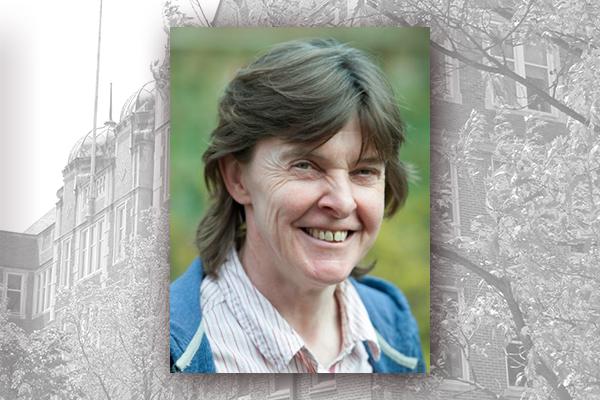
Alison Etheridge
Professor of Probability, Department of Statistics, University of Oxford; Fellow of the Royal Society (FRS), OBE
How can we explain the patterns of genetic variation in the world around us? The genetic composition of a population can be changed by natural selection, mutation, mating, and other genetic, ecological and evolutionary mechanisms. How do they interact with one another, and what was their relative importance in shaping the patterns that we see today? This question lies at the heart of theoretical population genetics.
Whereas the pioneers of the field could only observe genetic variation indirectly, by looking at traits of individuals in a population, researchers today have direct access to DNA sequences, but making sense of this wealth of data presents a major scientific challenge and mathematical models play a decisive role.
In this lecture we'll discuss how to distill our understanding into workable models and then briefly explore the remarkable power of our simple mathematical caricatures.
